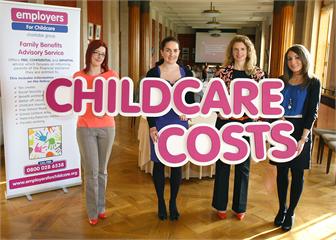
Acacia Hill turns 30 – Hip, Hip Hooray
It has been a wonderful milestone to achieve. Our little family business that started out with 2 migrant sisters settling in Perth, Western Australia taking on a small yet quaint 23 place childcare centre in the Western suburbs to the well-known, respected and experienced, business Acacia Hill is today.
In the early days, Jean and Catherine (along with their husbands Hugh and Robert) put all their blood, sweat and tears into creating a home away from home for many children whose families wanted that personal touch when it came to the care and education of their young. Humpty Dumpty (the first centre they opened in 1992) set a standard in the industry that the business still thrives on today. With the core values of Learning, Caring and Sharing although only coming to fruition in words in the last 5 years, have been the underlying values Jean and Catherine implemented back at the beginning.
In 2002, Jean and Hugh’s son Martin and his wife Fiona became directors in the family business.
Over the last 30 years the family have owned 13 childcare centres with the sale of many of the centres in 2018 when Jean and Catherine decided retirement was calling. Martin and Fiona continue to grow the business today with their passion for education, specializing in the areas of life skill development and resilience.
Over the years at Acacia Hill, we have embraced the educational philosophy from Reggio Emilia as we believe their child centred, play based approach to be best practice for young minds and bodies. Delving deep into this approach has allowed us the opportunity to combine theory with practice in our Australian context and develop our own curriculum we implement and are proud to provide children in Perth.
Looking forward to the next 30 years……. we will continue to build resilience by providing each child that walks through our doors the opportunity to experience risk in a very safe environment, gain age-appropriate life skills, learn and understand their Australian/Indigenous culture and understand why sustainability is important today.
As we have always done in celebrating each child, each of their cultures and what is important, today we celebrate Acacia Hill. The culture it has set up and provided for the children, families, educators and wider community over the past 30 years.
Happy Birthday Acacia Hill.



Recent Comments